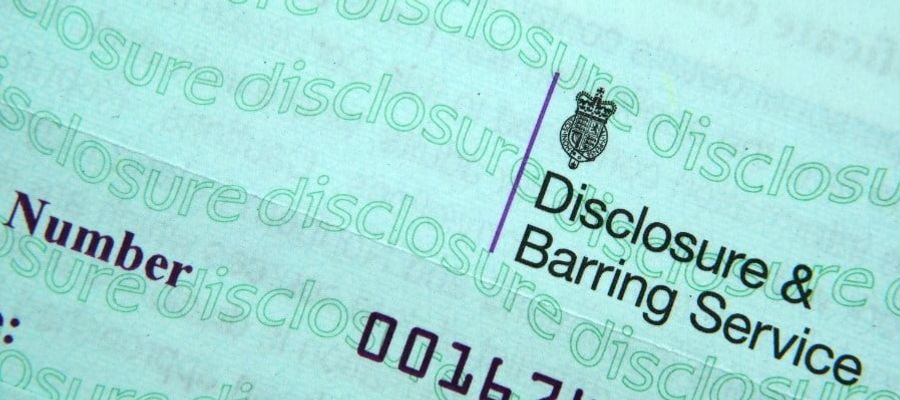If you’re applying for a job in health or social care, one of the first questions you’ll come across is about the DBS check. It’s a legal requirement for most care roles in the UK and ensures that vulnerable adults and children are protected.
This guide answers the most common questions job seekers ask about DBS checks when applying for care jobs.
What is a DBS check in care?
A DBS check is a criminal record check carried out by the Disclosure and Barring Service. It shows any convictions, cautions, reprimands or warnings that may affect your ability to work in roles involving vulnerable people. You can read the full guidance on GOV.UK: DBS checks.
In care, an Enhanced DBS check with a barred list check is usually required, as this provides the most detailed information available.
Do you need a DBS check to work in a care home or domiciliary care?
Yes. Anyone working in regulated adult social care – whether in a care home or visiting people in their own homes – must have a valid DBS check. Employers cannot legally allow you to start work without this clearance.
How long does a DBS check take for a care worker?
The time varies. Some checks come back within a week, while others may take up to six weeks depending on the local police force’s workload. On average, most Enhanced DBS checks are completed in two to three weeks.
Employers often request the check on your behalf once you’ve been offered a role.
What is done during a DBS check?
Your identity is verified using official documents (e.g., passport, driving licence, proof of address).
The DBS searches police records for any convictions, cautions, or warnings.
For care roles, the search also checks against the barred lists for working with vulnerable adults or children.
How often do you need a DBS check in care?
A DBS check is required at the start of employment. After that, there is no strict legal requirement to repeat it regularly, but:
Many employers ask for a new check if you change jobs.
Some organisations recheck staff every few years as part of their safeguarding policy.
If you sign up for the DBS Update Service within 30 days of receiving your certificate, employers can check your status online at any time without you needing a new certificate.
How much does a DBS check cost for care workers?
As of 2025, the official DBS certificate fees are:
Basic DBS – £18
Standard DBS – £18
Enhanced DBS – £38
These are the statutory charges set by the Disclosure and Barring Service. In practice, most employers apply through an umbrella body or online provider, which adds administration fees of around £10–£20. The true cost of an Enhanced DBS is therefore usually £50–£60.
It’s important to note that a DBS certificate is owned by the applicant, not the employer. Because of this, approaches to payment vary:
Some employers cover the full cost up front.
Some reimburse the fee after a certain period (for example, after 12 months’ service).
Others require the applicant to pay in full and do not cover the cost at all.
Always check the job advert or recruitment information to see who is responsible for payment.
What are the 4 types of DBS?
Basic DBS – shows unspent convictions.
Standard DBS – shows spent and unspent convictions, cautions, reprimands and warnings.
Enhanced DBS – includes everything in the Standard check plus any relevant police information.
Enhanced DBS with barred list check – the highest level, required for care jobs, which also checks whether you are barred from working with vulnerable groups.
Who legally needs a DBS check?
Anyone working in regulated activity with vulnerable adults or children must have a DBS check. This includes:
Care assistants and support workers
Senior carers and team leaders
Registered managers
Staff providing personal care in people’s homes
Without a valid Enhanced DBS, you cannot legally work in these roles.
Final thoughts
A DBS check may feel like a hurdle, but it’s there to safeguard the people you’ll be caring for. Employers are used to guiding applicants through the process, and for most job seekers it’s a straightforward step.
If you’re ready to start your career in care, take a look at our latest care job vacancies and begin your application today.
Ready to take the next step?
Explore care jobs across the UK and find the role that’s right for you.


